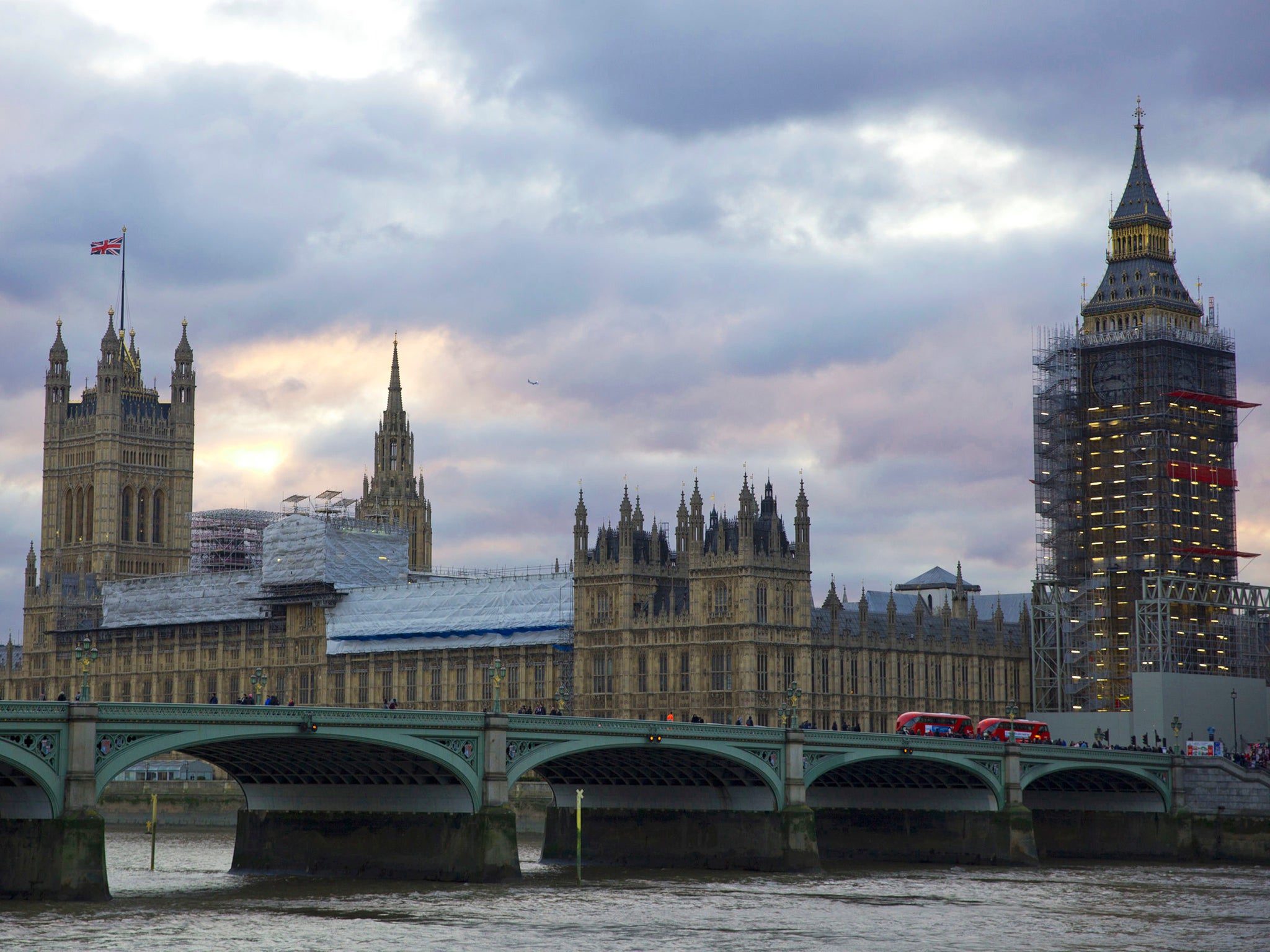Westminster has become a safe space for predators
The figures leaked exclusively to The Independent today are already far too high – with one in five people working in Westminster reporting that they have experienced sexual harassment in the last 12 months, with twice as many women reporting incidents of harassment as men


Those who have been following the #MeToo movement, male or female, will already be aware that there are industries where sexual harassment and abuse is endemic. They may be particularly disappointed to hear that politics is potentially as badly affected as Hollywood.
The figures leaked exclusively to The Independent today are already far too high – with one in five people working in Westminster reporting that they have experienced sexual harassment in the last 12 months, with twice as many women reporting incidents of harassment as men – but they will also be, for many women, unsurprising.
There has been much talk of “safe spaces” in the last few years, with accompanying scorn about oversensitive millennials. However, few of us would argue that politics shouldn’t be a safe space from harassment. Catcalling on the street may still be widespread, and billboards of half-naked women with their legs splayed still advertise yoghurt to us on a daily basis, but at least in the hallowed halls of Westminster one might hope that people could work without being made to feel uncomfortable by their colleagues.
This is, after all, the place where all major decisions about our country are made.
It’s not a big leap to suppose that this toxic environment has prevented more women from entering politics. We presently have a record number of female MPs, which, shamefully, means only 32 per cent. That’s almost exactly the same amount that went to private school (despite only 7 per cent of children in the UK being educated privately). It’s clear, when you look at it like that, how deeply unrepresentative and unbalanced our Parliament still is, despite efforts over the last decade or so to promote better diversity. If harassment on this scale is allowed to continue, it would risk reversing any achievements we have made in increasing representation in politics.
Online intimidation disproportionately affects female MPs; take the case of Diane Abbott, who according to an Amnesty International poll last year received just under half of all abusive tweets sent to politicians. A regular target of both racial and sexist abuse and harassment, Abbott is proof that women of colour are made to feel particularly unwelcome in public life. These are the voices we desperately need to hear more of, and they risk being stifled by a poisonous combination of abuse on social media and harassment in the office.
Coming in the same week that Theresa May described the abuse of politicians as “a threat to democracy” and set out recommendations for tackling online bullying, today’s numbers feel like a great big cry to get her own house in order first. Before we point out the speck in the eye of Facebook and Google, it’d be worth addressing the great big log of wood in the eye of her Westminster colleagues.

It is unacceptable that 39 per cent of staff, MPs and peers report bullying and harassment while on the estate, and the commissioning of reports or the creation of legislation won’t go far enough to solve that much of a problem. It’s clear that this is a culture which should be robustly tackled with immediate action and frank discussion. At this point, “making recommendations” feels little more than a euphemism for sweeping problems under the carpet – and while it is expected that Andrea Leadsom will announce measures to make reporting a grievance easier in Westminster, it feels like the reaction to these figures should have a bit more bite.
Women have been asked to solve the problems of their own abuse and harassment for decades. It’s time for measures that don’t just purport to support victims but also directly affect the perpetrators. Quicker and more thorough investigations would be a start, as well as bringing in external investigators to deal with all accusations, rather than running the risk of a convenient cover up for the sake of the party.
Join our commenting forum
Join thought-provoking conversations, follow other Independent readers and see their replies
Comments
Bookmark popover
Removed from bookmarks